Brand Z!
Yeah, we don’t actually have them in hand yet, so things could still go horribly wrong… but the order has shipped, so dang it, I can’t wait any longer to say something.
Last week I mentioned a special mystery giveaway item we were hoping to have for Long Beach this weekend. Well, the deal is that we found a place that does quality orders of custom temporary tattoos, and so come Friday we should have a stack of Z Ranch “Circle Z”s for people to brand themselves with! I expect there will be a decent amount of zombies shambling around the Convention Center, especially since Image is doing their own Walking Dead promo giveaways for people in zombie costume… so I’m hopeful there will be some willing to slap on our conveniently forehead-sized brand. The living are also welcome to them, of course… just stop by our Artist’s Alley table at #1700!
Now that I’ve said something, the Fed Ex truck will no doubt fall through a hole in the space-time continuum and we won’t get the shipment for 17 years. Everything else seems to be in order, though… I just have to keep my artist from exploding after I checked the floor map and we realized that our table will apparently be right next to Amanda Conner’s. Yes, that Amanda Conner, the one I already giddily gushed over in my
entry I wrote after LBCC ’09. As far as I know this was completely random chance, and Dawn’s still convinced A.C. and Jimmy Palmiotti (also right next door) will move as soon as they realize what freaks they’ve been placed with. Perhaps a Zombie Ranch tattoo will assuage them? Or some candy? We’re going to have gummi body parts candy on Sunday since the Comic-Con is letting in kids for free to Trick-Or-Treat the booths.
I’m a little nervous myself, especially with our panel looming (Sunday, 1pm, Seaside Lobby!), but I have a feeling this is going to be a really fun Convention. Our good friend Robin Walker will be on one side with her beautiful
Sanguine Threads costuming items, and Amanda Conner/Jimmy Palmiotti on the other. We’ll have our new Zombie Ranch banner proudly flying the colors, our print issue (special and regular editions) for sale, our Z Ranch tattoos, our candy (provided Dawn doesn’t eat it all)… I hope to see several of you there, but if you can’t make it I understand. On the one hand, it’s absolutely fantastic that the Web allows us to have fans from all over the world, but that also means it can be a long, long drive to Southern California… as well as the fact that for several of you, your car might have to be capable of floating!
Maybe one day we’ll be richer and famouser enough to be able to rove longer distances. But speaking of richer and famouser, before I sign off this week I wanted to give a shout out to a hugely entertaining web comic that absolutely, positively, does not need my help promoting it… but in case you’re amongst those who haven’t heard of it, or have heard of it but haven’t gotten around to checking it out yet:
Axe Cop.
How to sum it up… have you ever listened to the ranting, insanely freeform play sessions of a five year old? One day that five year old’s comic artist older brother decided to start putting his ideas into comic form and publishing them online. Since then the whole thing went viral and has already been snapped up by Dark Horse for a publishing deal, in (I think) less than a year’s time. But there’s no room in my heart for jealousy over the success of Axe Cop, because Axe Cop is wonderful and deserves every bit of that success. If you haven’t experienced Axe Cop yet, check your brain at the door and then go check it out.
And with that, time to make our final preparations for the weekend. Happy Halloween, everyone!
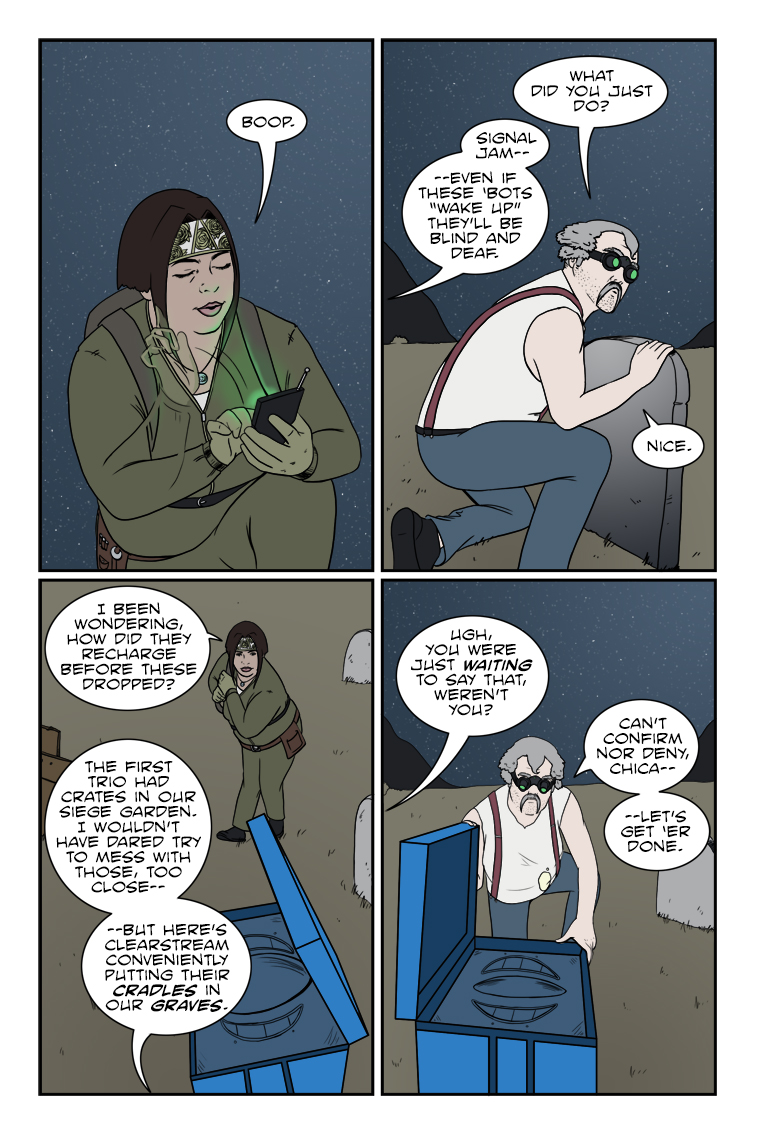
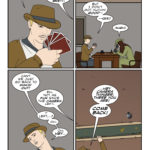
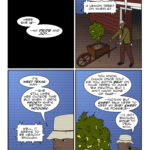
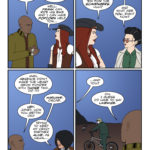

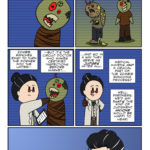
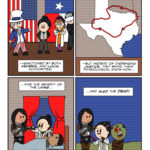
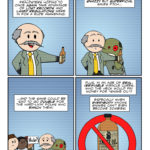
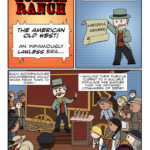
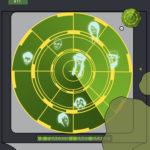
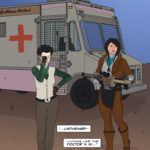
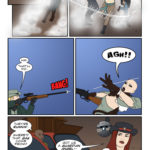
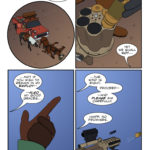
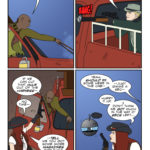
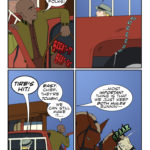
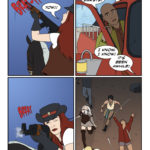
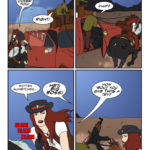
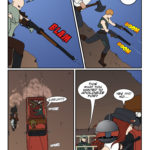
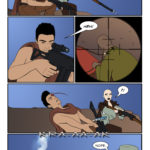
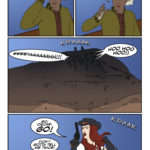
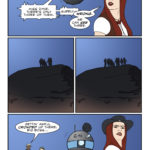








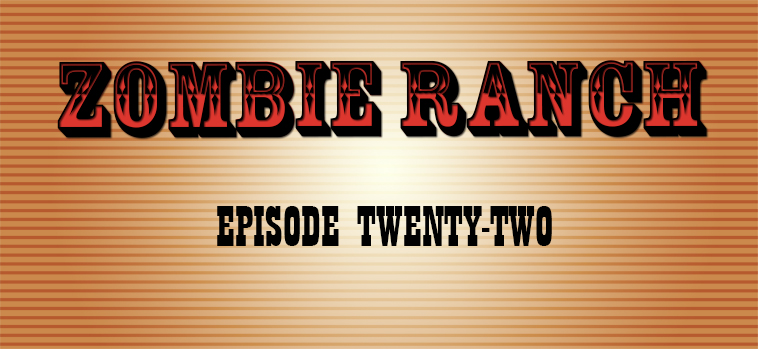
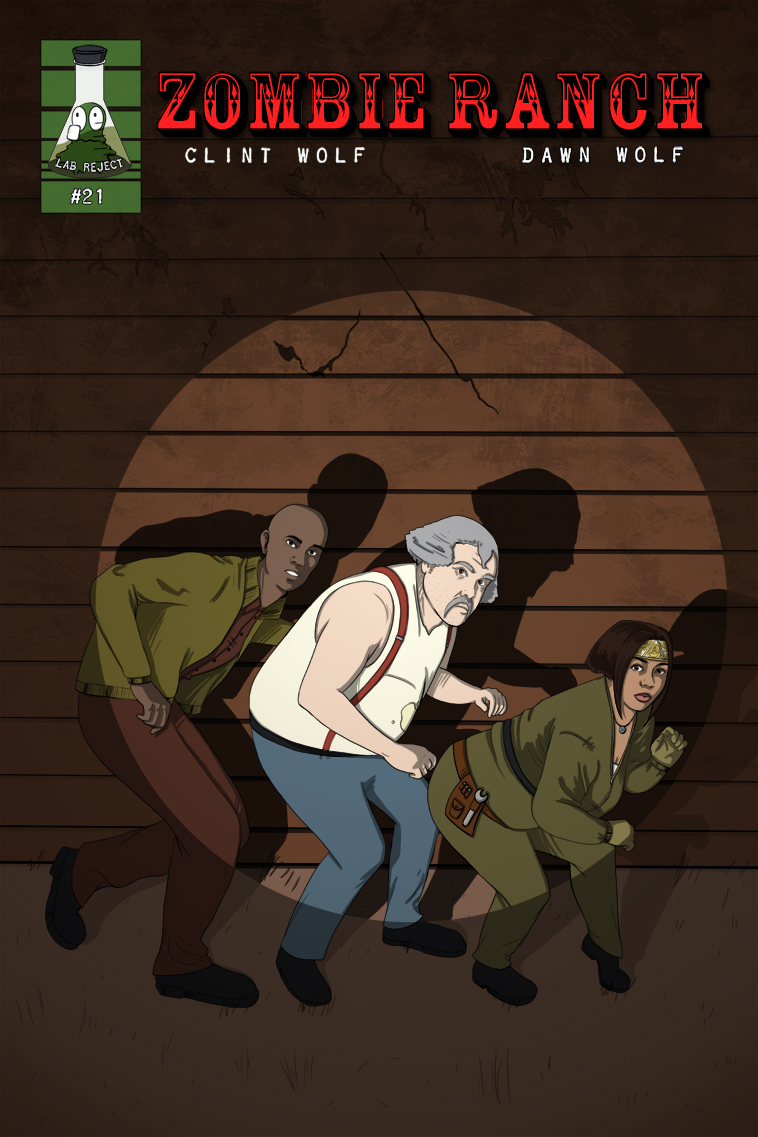
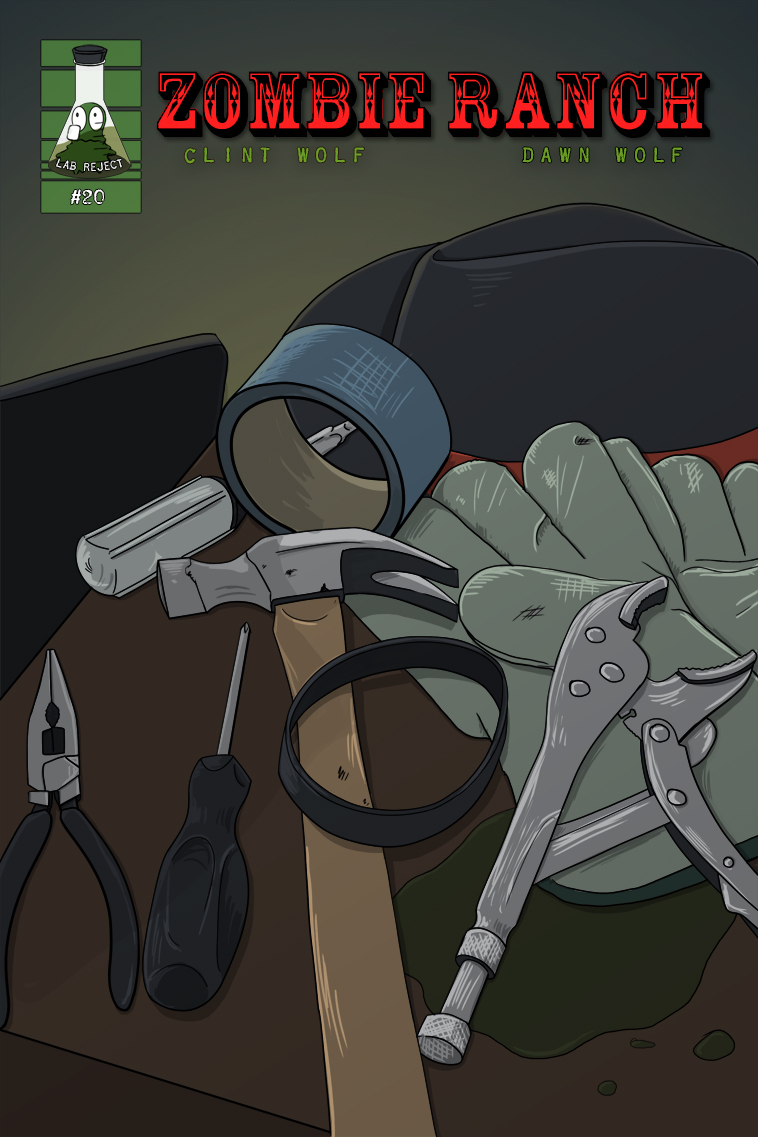
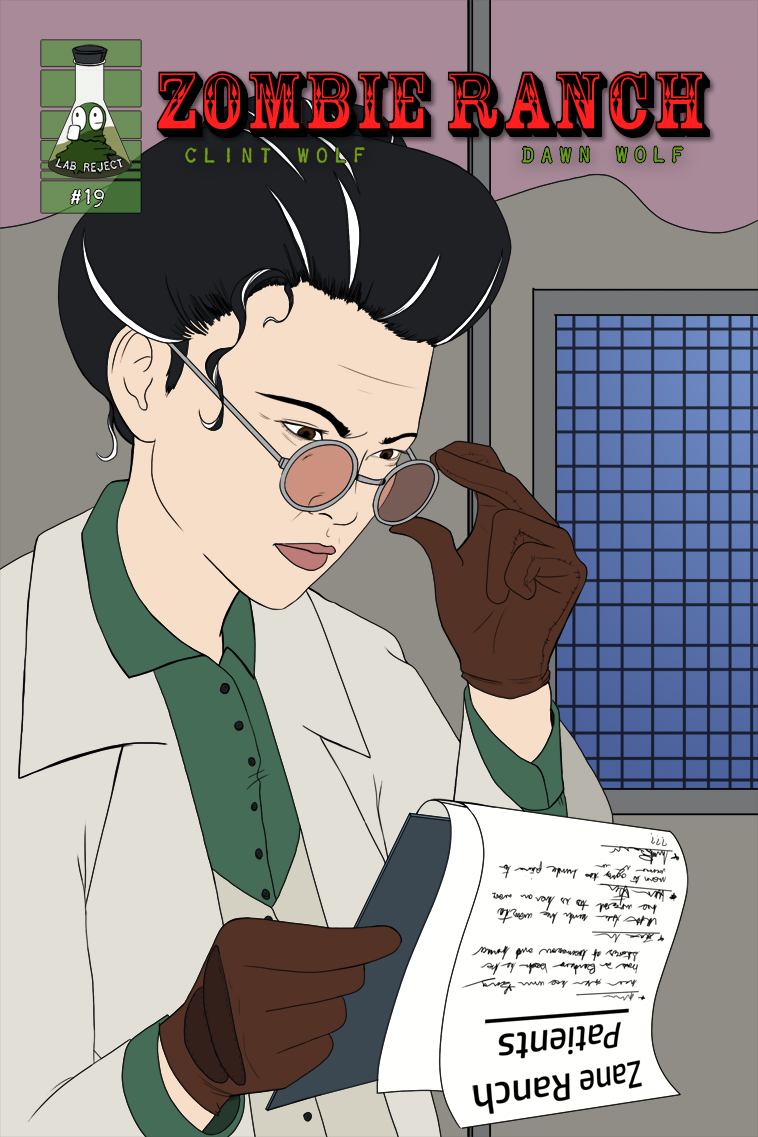
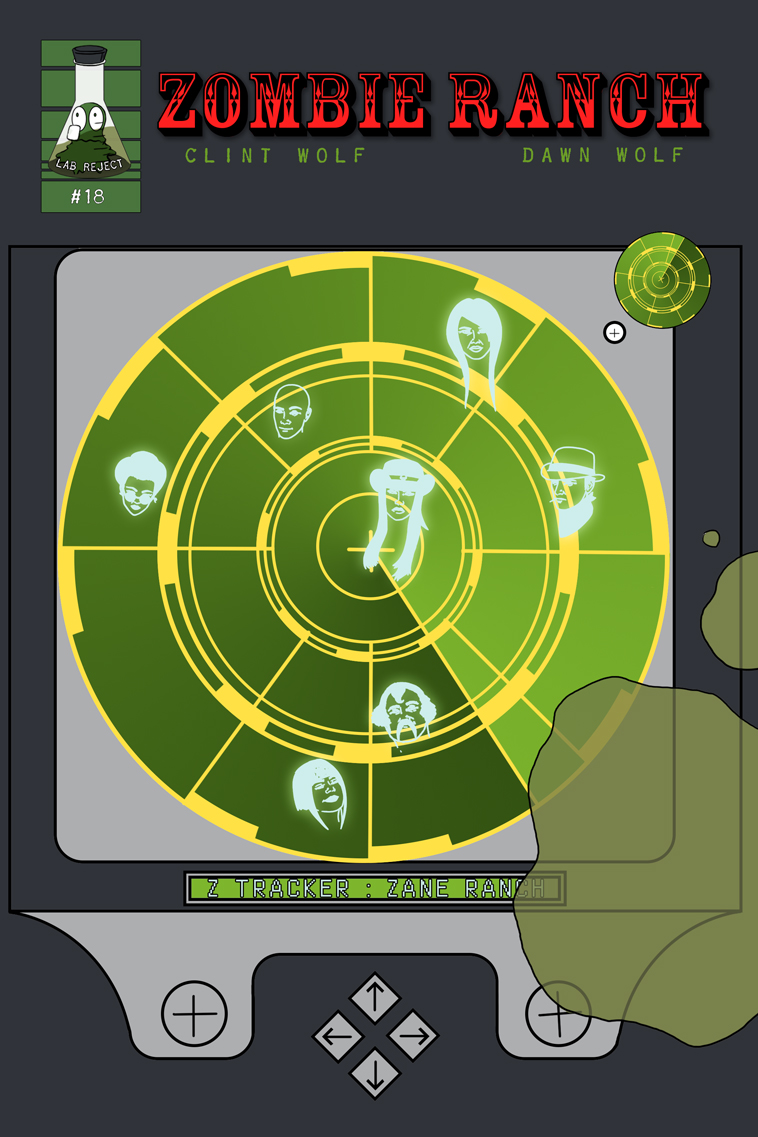
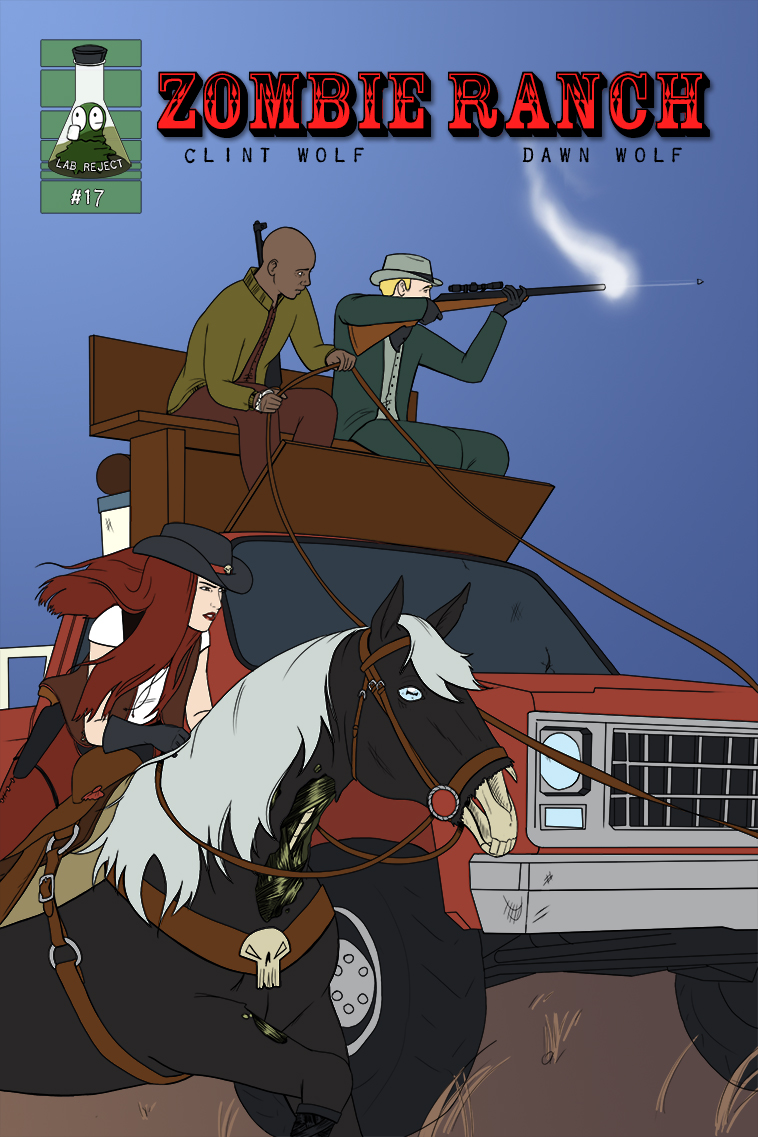
2 thoughts on “543 – Cradles And Graves”
Keith
Oh lordy, they really are a great couple…though, I suggest adopting.
Anonymous
Consequences be damned, because doing nothing might be worse.